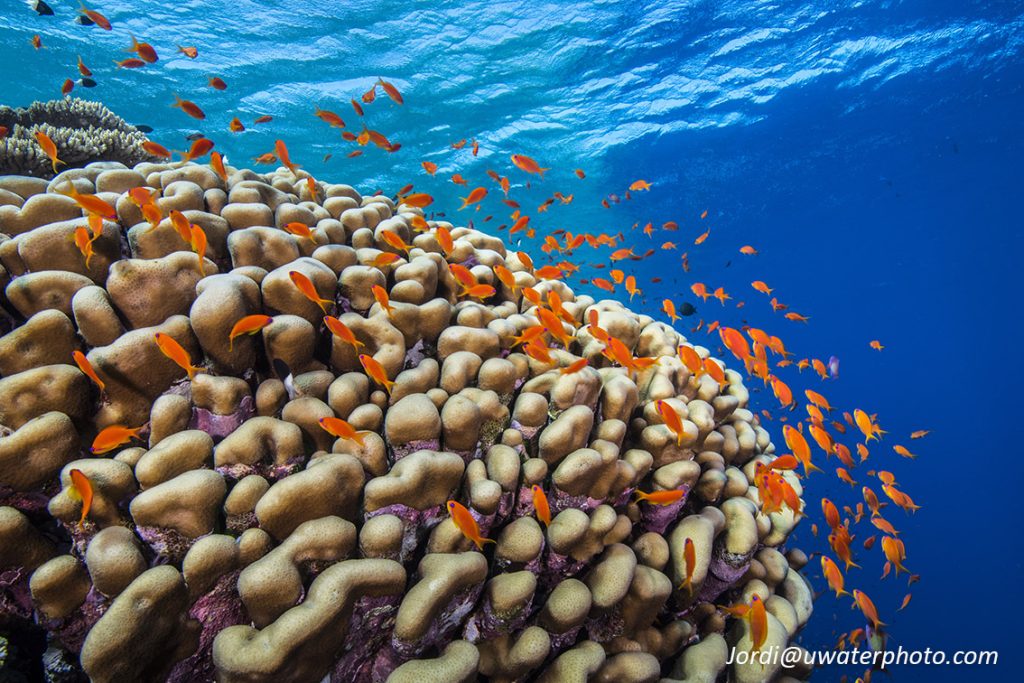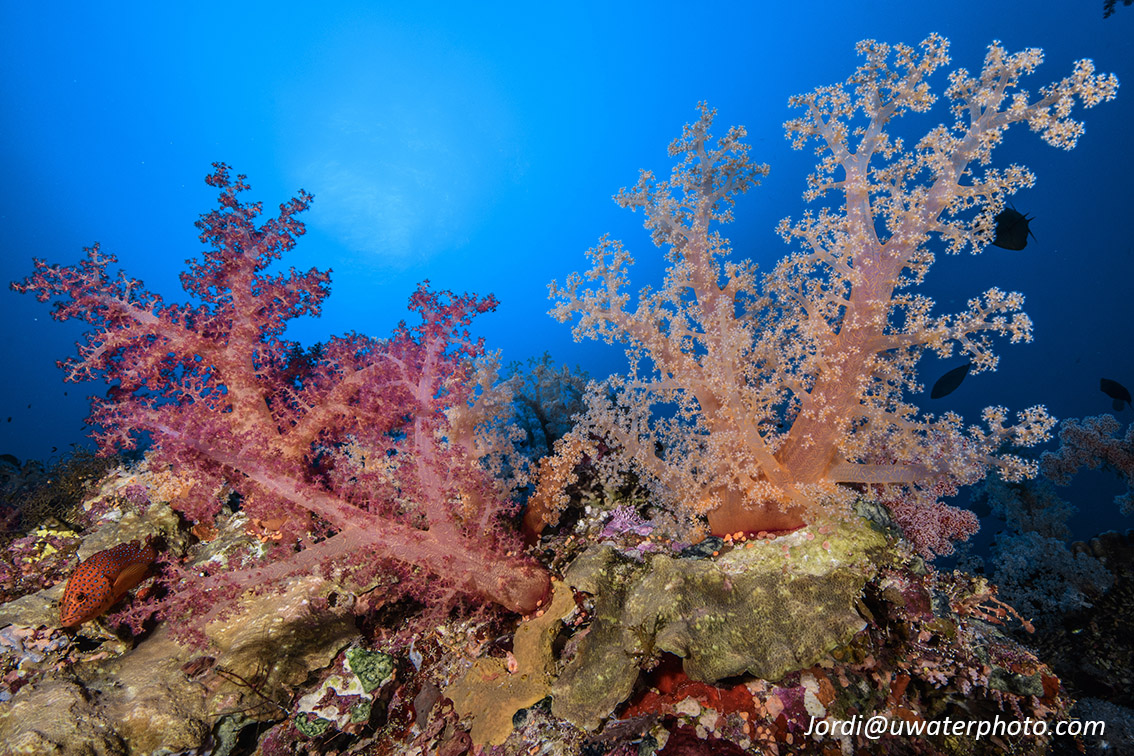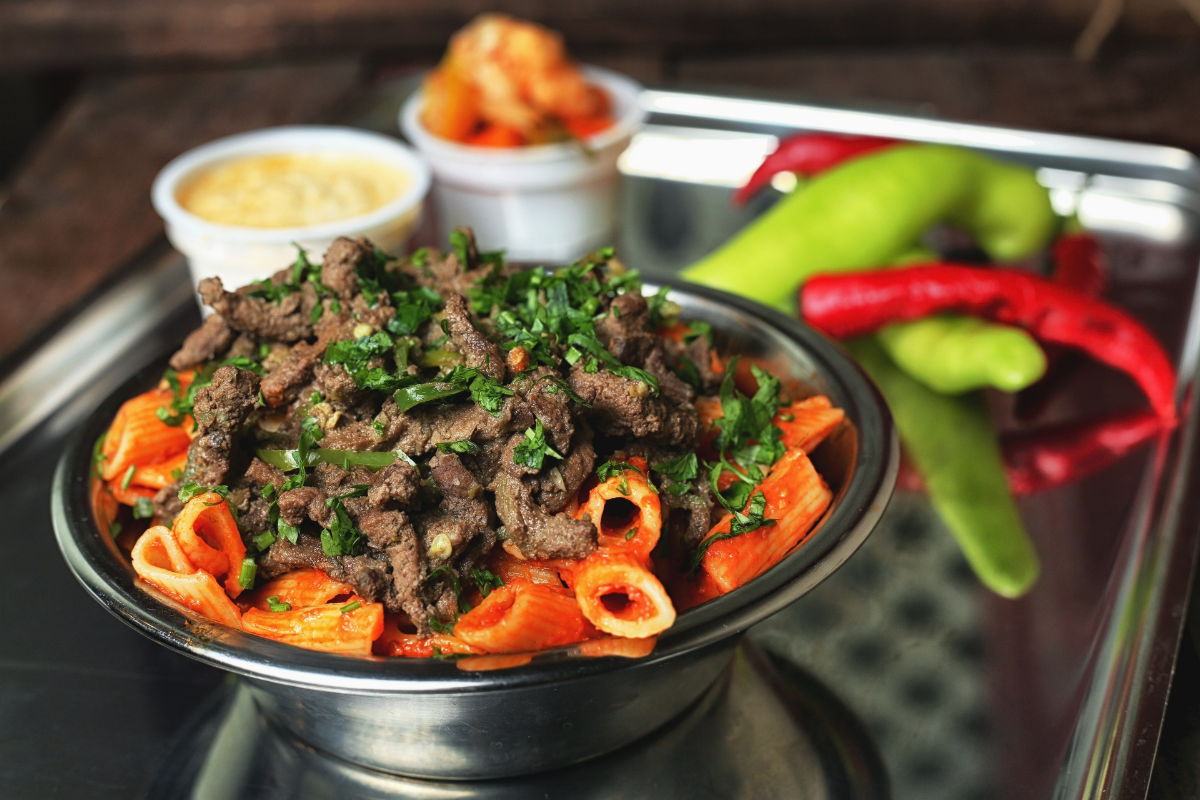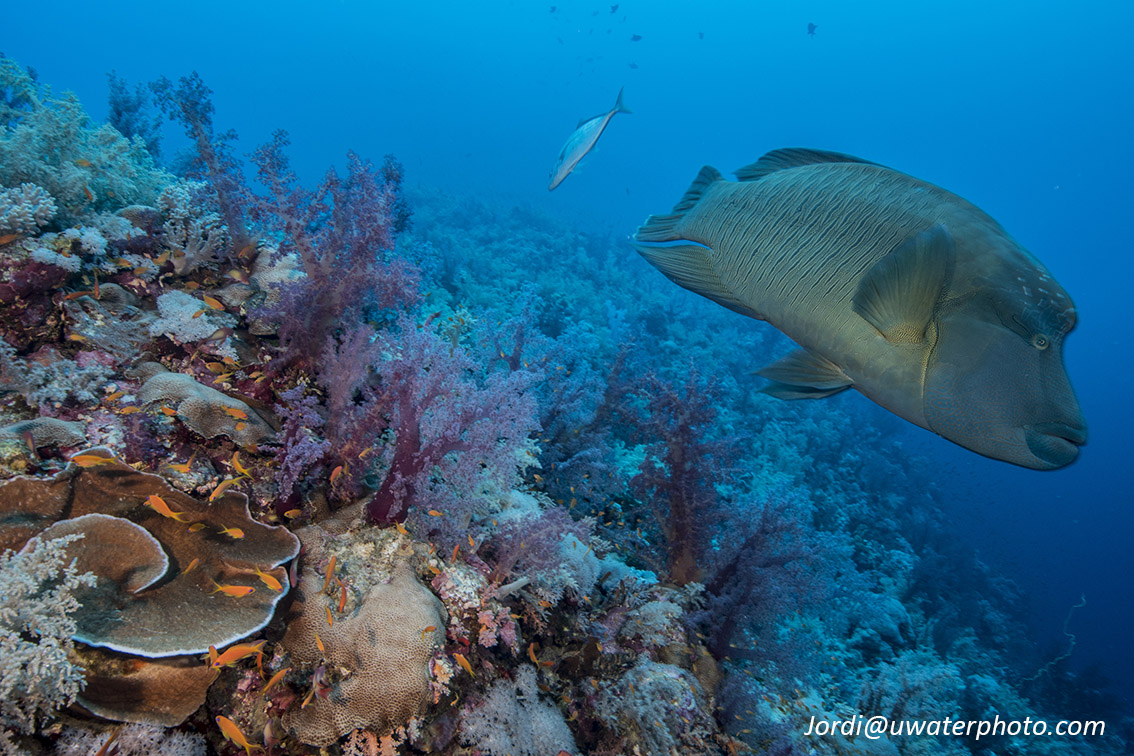The Red Sea offers great diving all year round but every season brings its own advantages.
While the winter months might generally be considered the ‘low season’ to many, they do offer significant plusses to both divers and more general tourists.
The obvious bonus is that prices are lower – by its very nature a low season will offer you the lowest average flight prices and there are significant differences in liveaboard prices when comparing low season to high season. But we asked our Red Sea customers and team to highlight a few of the other specific reasons why a winter trip to Egypt is well worth considering.
1: Fewer boats and divers – Rodrigo came out to dive with us in low season and told us: “When I was there on a liveaboard in February the weather was cold but the diving was incredible, all the sites were for ourselves! That’s impossible during the summer in the Red Sea.” Rodrigo enjoyed it so much; he’s already planning two trips next year in January and March.
2: Temperature – Nobody likes to get cold, which is why preparing for cooler water diving is key. Thick (7mm) semi-dry wetsuits, hoods and even dry suits get divers diving in much cooler water than the 20-22oC lows we experience in the Red Sea winter, and so can make diving here very comfortable. Our onboard ponchos help people warm up between the dives, and of course an Emperor hoodie and beanie just complete the look!
However there are big benefits to the decreased air temperature as our General Manager Luke Atkinson explains: “Aircon is no friend of the diver. For a start, boat air conditioning can only do so much against the 40oC+ we get in summer, and divers often find that it can affect sinuses and ears. In winter time, most people don’t need aircon and in fact use our winter bedding of duvets and blankets for a more familiar night’s sleep. During the day, even in winter the sun is still shining and so between dives getting out of the wind and in the sun means warming up like a lizard, it’s bliss!”
3: Wind – From late spring all the way through to November the Red Sea will usually have wind of varying strength. It could be a light wind, it could be a strong wind, but there’s usually wind. November to February are notable months in that the wind is usually either pretty strong or there is no wind at all. In fact, in December through to February 60% of the days are at less than 7 knots of wind, and a remarkable 10% of days have 0-1 knots.
Hany Ragab, our Senior Safari Guide explains: “There are usually some full weeks in winter when we barely see a ripple. When the sea is like glass, we are able to moor the boat in different areas, perhaps diving different parts of the reef or even different reefs altogether like the habilis (sunken reefs) in the south. Cruising between the sites is faster and much more comfortable during these weeks too; it makes everyone’s trip much easier.”
4: Visibility and Marine Life – Less wind, fewer boats and no algae blooms often mean visibility is at mythical levels in winter! Gin-like water giving amazing reef vistas, whether diving on drop-offs or in pinnacles and coral gardens. While it’s not a ‘season’ for large marine life encounters, such as the Hammerheads of spring and autumn, the Red Sea can always throw up a surprise and often winter encounters are made that much more special by being the only ones in the water.
Ahmed ‘Tifa’ Latif, one of our expert Safari Guides tells us: “Sometimes diving in winter is just ‘wow!’. There have been dives where the visibility is so good, you can see the whole of the Thistlegorm while you’re descending on the line. Seeing that, knowing you’ve got the wreck to yourself too, you feel like a child again having the adventure of a lifetime”.
5: Food – Yes sure, we can get most food year round and the menu on our safari boats is pretty consistent, but Egypt as a major food grower along the Nile and the delta still has a real connection to seasonality.
Winter brings us the absolute best season for delicious vegetables like cauliflower, broccoli, legumes and carrots while the salad items like cucumbers, tomatoes and spring onions are so ripe they’re bursting with flavour. Tangy oranges and sumptuous strawberries are abundant and will always be available onboard to snack on or juice.
Tracy Atkinson, our Destination Experience Manager, explains: “Before coming to Egypt as a dive guide, I was a gardener in the UK and have always loved cooking. I am always so happy to see the seasons change here and different fruits and vegetables become available. Egyptians just know that certain foods should be eaten when they’re ready, and it’s nice to know that so much is grown locally. We’ve been working on our menu this year and have increased our vegetarian and vegan range, with almost everyone telling us how delicious the food onboard is!”.
So there you have it, five fantastic reasons to ‘go low’ and escape from the European winter on one of our liveaboards.
Our team are always more than happy to help with any questions so if you would like to find out more have a chat with them on our website or email [email protected].
(The temperature and wind statistics are from Windfinder for Hurghada.)






